Greek military academies face rising resignation rates among new recruits
 Greek Navy music band stands guard before the ceremony of the signing of a deal for the purchase of three frigates and six Rafale fighter jets from France on board the decommissioned Hellenic Navy cruiser "Georgios Averof", in Athens, on March 24, 2022. (AFP Photo)
Greek Navy music band stands guard before the ceremony of the signing of a deal for the purchase of three frigates and six Rafale fighter jets from France on board the decommissioned Hellenic Navy cruiser "Georgios Averof", in Athens, on March 24, 2022. (AFP Photo)
High resignation rates among first-year students in Greece‘s military academies are raising concerns within the Greek Ministry of National Defense.
According to data from the Panhellenic Federation of Military Unions (POES), nearly one in four recruits has already dropped out, prompting discussions about retention challenges and reforms, Greek media outlet OnAlert reported.
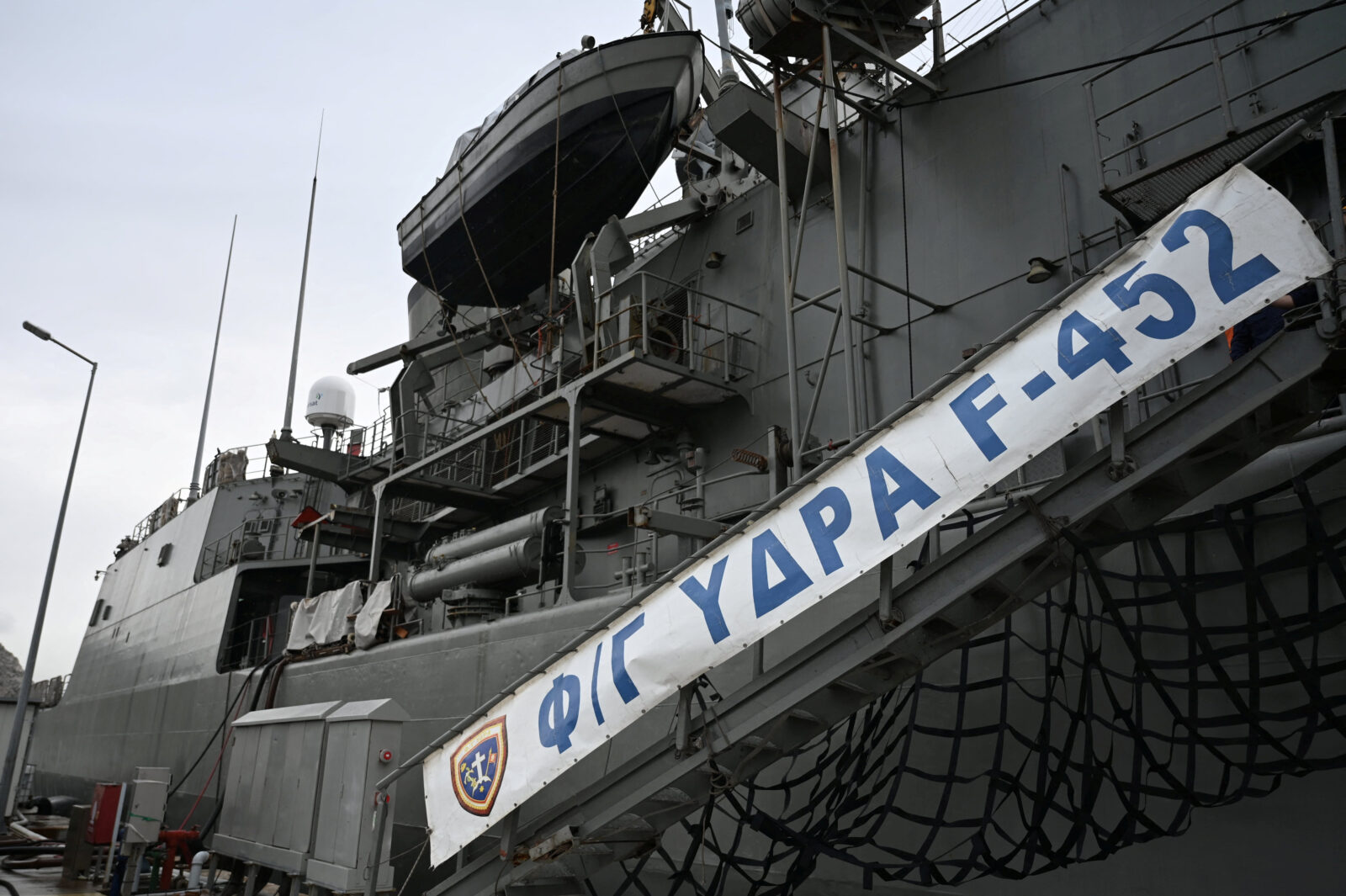
Resignation rates across Greek military academies
The POES report highlights significant dropout rates in key institutions during the current academic year:
- Military School Evelpidon: 30 first-year and 8 second-year resignations out of 138 and 100 recruits, respectively.
- Naval Cadet School: 40 resignations among 95 first-year recruits.
- Air Force Academy: 24 first-year students resigned from a total of 129 recruits.
Similarly, high resignation rates have been reported in non-commissioned officer schools.
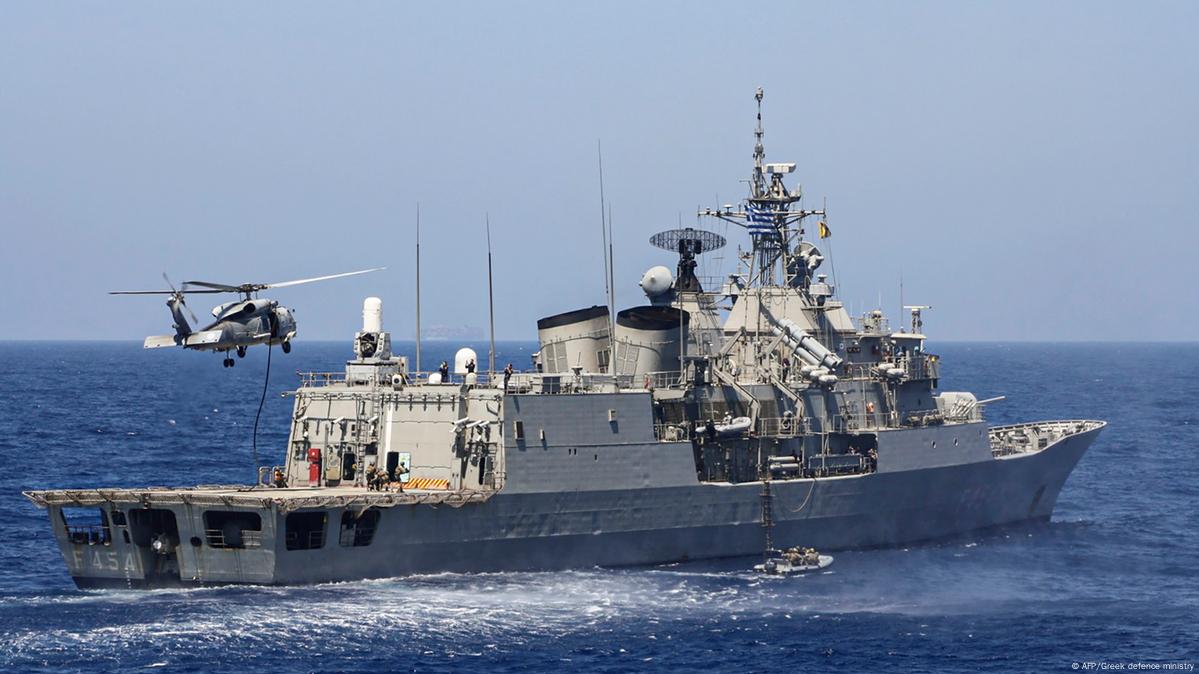
Non-commissioned officer schools:
- 38 resignations from the School of Non-Commissioned Officers (SMY) out of 131 recruits.
- 43 resignations from the Naval Non-Commissioned Officers School (SMYN) out of 190 recruits.
- 26 resignations from the Air Force Non-Commissioned Officers School (SMYA) out of 103 recruits.
Widening retention challenges in Hellenic Navy
The resignation wave extends to active-duty personnel, particularly in the Hellenic Navy. Data reveals that 194 Greek naval officers and non-commissioned officers resigned by September 2024, almost double the 110 resignations during the same period in 2023.
Total resignations in 2023 reached 179. Despite efforts, such as the introduction of a fleet allowance, heavy taxation has reduced its effectiveness in retaining personnel.
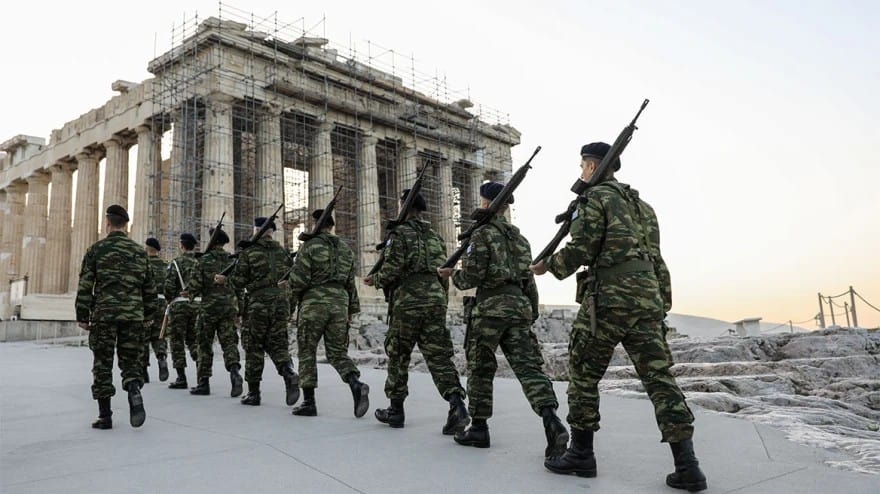
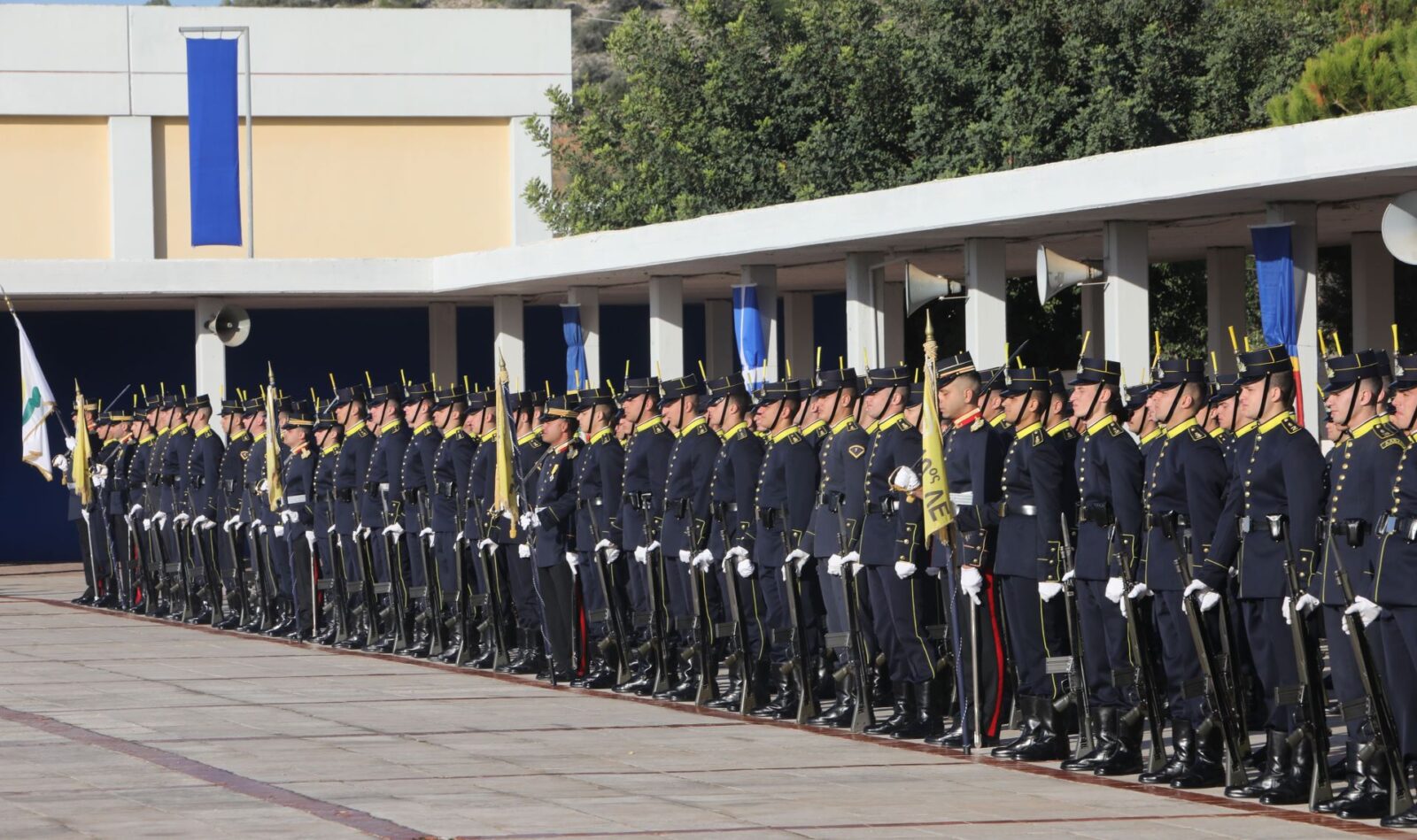
Contributing factors, Greek ministry’s response
The rising cost of living, low salaries, and limited career incentives are cited as primary reasons for the resignations.
Comparisons with neighboring countries highlight disparities, with a newly commissioned second lieutenant in Türkiye earning over €1,500 monthly, compared to approximately €900 in Greece.
In response, the Greek Ministry of National Defense is reportedly developing a new pay structure to address these issues. Proposed measures include:
- Raising minimum net salaries for second lieutenants to €1,200.
- Increasing allowances for academy cadets from €150 to €600.
Lack of clear planning raises concerns in Greek Armed Forces
Announcements regarding the closure of 132 military bases in Greece have raised significant concerns, as personnel remain uninformed about the locations affected.
This lack of transparency has left many unable to make critical decisions about their futures.
For instance, despite the announcement of a housing program with regional allocations, a recent urgent document from the Ministry of Defense requested an assessment of housing needs, highlighting the absence of a concrete and actionable plan.
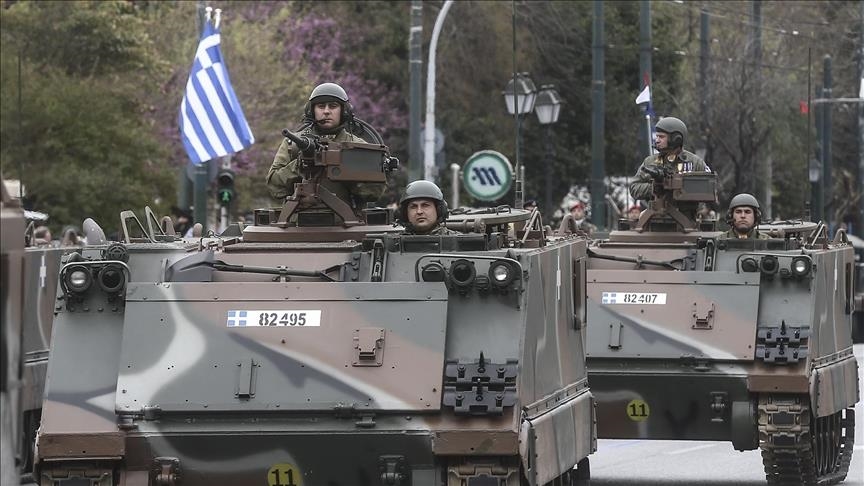
Worsening conditions, diminished trust
Greek military personnel widely perceive that leadership lacks the will to address their challenges.
This perception is fueled by policies that have led to worsening working conditions, reduced rights and benefits, and layoffs disguised as budgetary measures.
The absence of meaningful incentives and transparent communication has further eroded trust in the Greek armed forces’ leadership.
Turning to the private sector and education
Amid these difficulties, many military personnel, particularly non-commissioned officers (NCOs), are increasingly turning to the private sector or pursuing higher education through institutions such as the Hellenic Open University (HOU) in search of better opportunities.



